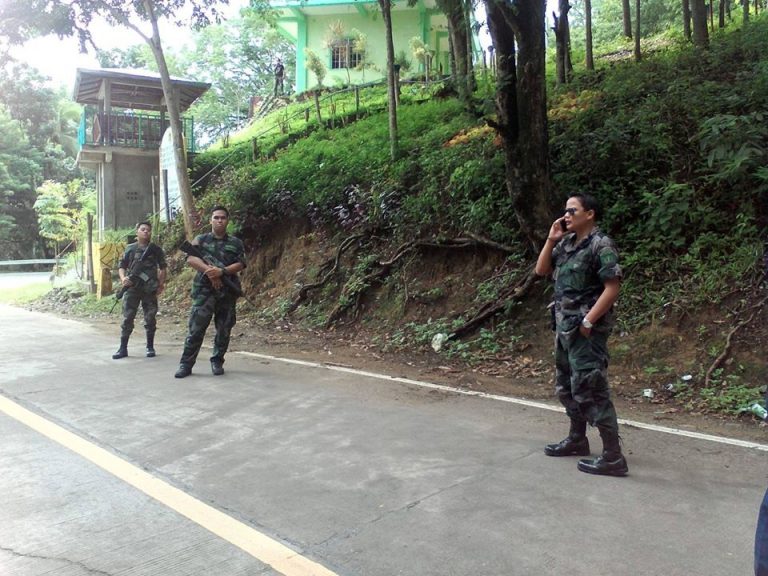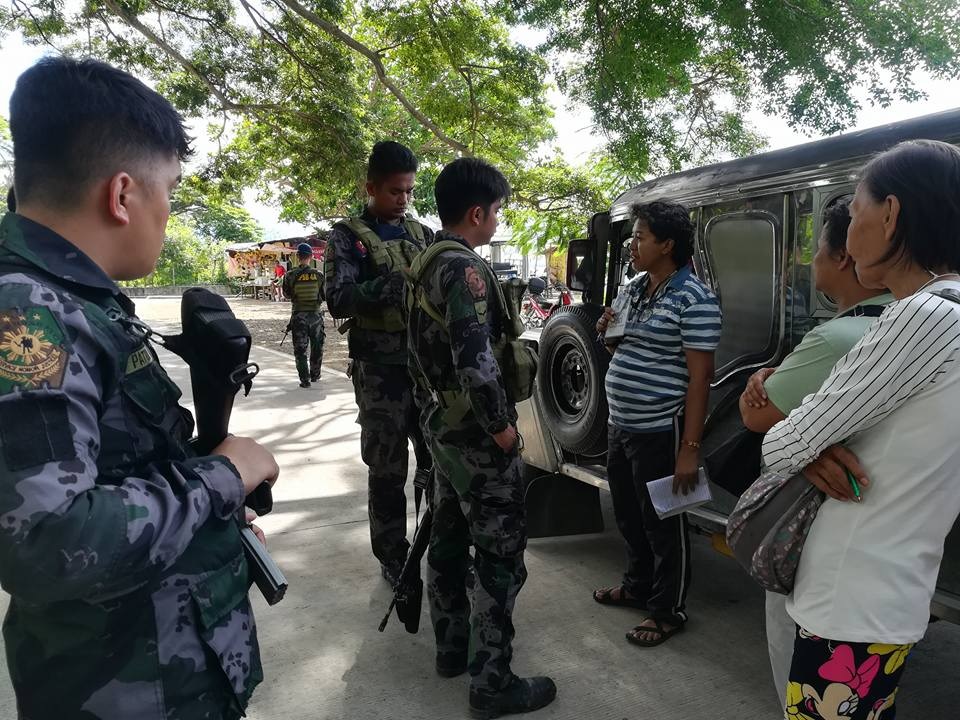In a Senate hearing following jeepney drivers and operators’ cancellation of a nationwide transport strike, research group IBON said that public utilities vehicle (PUV) modernization should be socially just. The group pointed out that the Duterte administration should be able afford to undertake jeepney modernization without jeopardizing jeepney drivers’ livelihood and commuters’ access to this mode of transportation. The bottomline is for the government to not relegate the duty of providing this important public service to the profit-seeking big corporate sector, IBON said.
A Senate hearing on transportation concerns was convened by Sen. Grace Poe, chairperson of the Committee on Public Services. Come January 2018, the Duterte administration is slated to implement PUV modernization, which involves replacing jeepneys with ‘compliant units’ such as Euro-4, electric, solar or hybrid vehicles.
In a position paper, IBON said that PUV modernization should be under a comprehensive mass transport plan of a State-run, nationalized mass transport system that ensuresthe welfare of the riding public and overall social and economic benefits. The group however noted that the Department of Transportation (DOTr) is rushing implementation of the program without the prerequisites of route rationalization and undergoing a pilot phase. The group also queried on DOTr assumptions that (1) switching to ‘compliant’ vehicles will result in increased drivers/ operators’ revenues, (2) Euro IV vehicles are fuel efficient; and that (3) ‘compliant’ vehicles have zero maintenance cost.
The following are IBON’s recommendations for socially just PUV modernization:
- A palit jeepney program wherein the government subsidizes the cost of acquiring new units, allowing small drivers/ operators to trade in their current jeepneys for a new unit. It starts with (a) government’s transparent audit of all registered PUJs to identify units for rehabilitation; (b) central procurement of all replacement units at a scaled down price; (c) distribution of jeepneys to existing associations/ cooperatives as collective managers and operators; (d) reasonable payment mechanisms
- Phased implementation which sources funds from the realignment of budget items in the General Appropriations Act. Government could procure the first 70,000 of over 230,000 units, for instance, in 2018, by realigning some Php61.805 billion from redundant Special Purpose Funds, unobligated amounts from agencies such as the DOTr, Department of Trade and Investments, Department of Interior and Local Government and the Department of Finance; and subisidies for the Comprehensive Automotive Resurgence Strategy (CARS)
- Government as investor in jeepney modernization and partner of driver/ small operator cooperatives to limit franchises to genuine cooperatives or associations, ensure support services, employ a regular maintainance program at no or minimal cost to the cooperative, and capacitate cooperatives in traffic education and skills building
- Industrial policy towards the development of a truly domestic PUV manufacturing
IBON also said that for commuters to not be hounded by fare hikes, government should craft a fare-setting policy for PUVs and other mass transport that is not market-based but founded on the principle that public transportation is a service that has to be reliable, safe and affordable. Government should also not employ the users pay policy/ cost recovery that it applies to public utilities such as mass transport, IBON said.
The group stressed that public transport should be modernized but not in a way that displaces livelihoods, and compromises commuters in favor of narrow big business interests.###




